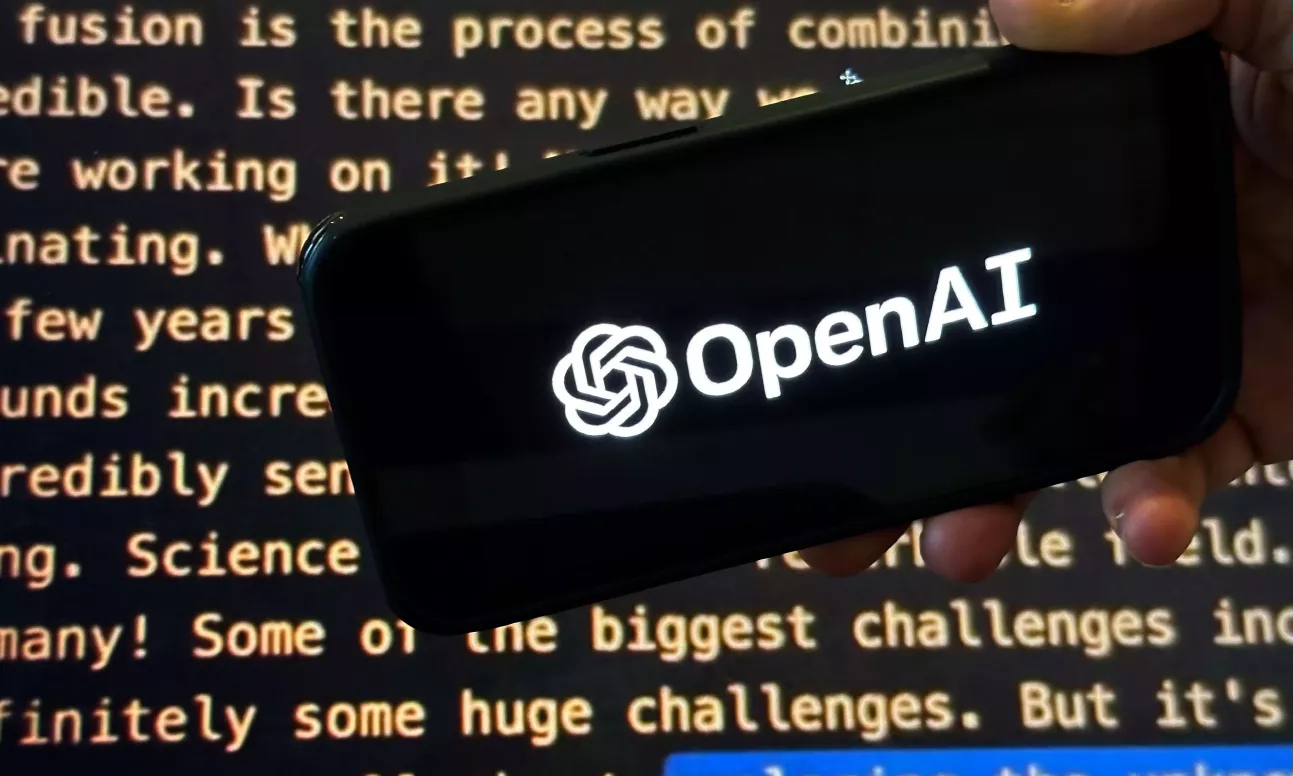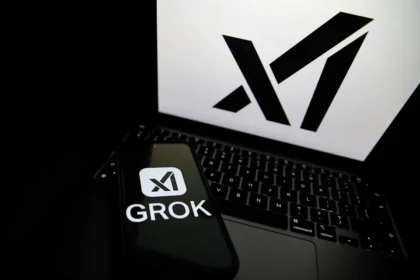To understand where the artificial intelligence economy is heading, one only needs to look at OpenAI. The company that reshaped the technological landscape through ChatGPT is now preparing the ground for one of the most anticipated IPOs in recent history. At YourDailyAnalysis, we see this not merely as a financial milestone, but as the institutionalization of a new industry: a public listing could elevate AI from a fast-growing tech segment to a core infrastructure layer of the global economy.
According to people familiar with internal plans, OpenAI is eyeing the second half of 2026 as a preliminary window for filing and is evaluating a capital raise of at least 60 billion dollars. Early market discussions suggest a potential valuation nearing 1 trillion dollars. CFO Sarah Friar has told employees that 2027 is the target year for listing, though some advisers believe OpenAI could go public sooner if growth momentum remains strong. In a recent public appearance, Sam Altman signaled that a public route looks increasingly likely given the scale of capital needed to fuel the business.
The move toward an IPO follows a sweeping corporate restructuring. OpenAI remains governed by a nonprofit body, now renamed the OpenAI Foundation, which holds a 26% stake and can expand that stake as milestones are reached. This governance model preserves the company’s mission-driven roots while validating its commercial ambitions. As our analysts note at YourDailyAnalysis, such hybrid structures may prove essential to balancing regulatory scrutiny, social trust, and investor appetite in an era where AI oversight intensifies.
Financial projections are striking: the company’s annualized revenue run-rate is expected to approach 20 billion dollars by year-end, even as operating costs climb. Microsoft’s roughly 27% stake continues to secure access to strategic infrastructure and enterprise markets. Yet going public would diversify capital sources, unlock stock-based acquisition opportunities, and accelerate investment in compute and energy systems – the critical currency of the AI race. And as we assess at YourDailyAnalysis, the capacity to scale compute efficiently is emerging as the defining competitive edge for the next decade.
Markets are already signaling their expectations. AI-focused firms have surged, exemplified by Nvidia surpassing the 5 trillion dollar valuation mark, reflecting growing institutional demand and conviction in the sector. Yet challenges are mounting – from tighter model safety oversight to export controls on advanced chips. Ahead of a public offering, OpenAI will need to prove its scale strategy can withstand geopolitical pressure and intensifying competition.
We view the potential IPO as a crystallization point for the AI economy. For investors, it will test OpenAI’s ability to convert compute power into sustainable cash flows; for the industry, it will be a referendum on the real value and resilience of AI-driven business models. Should OpenAI show disciplined cost control, margin expansion, and operational predictability, it may solidify its status as the benchmark for the sector.
If not, markets will demand hard proof of monetization and operational strength. But one thing is clear: this listing would mark the definitive shift of AI from an experimental frontier to a system-defining technology – and there will be no return to the old paradigm. As we emphasize at Your Daily Analysis, this transition will shape the architecture of the digital economy for decades to come.















